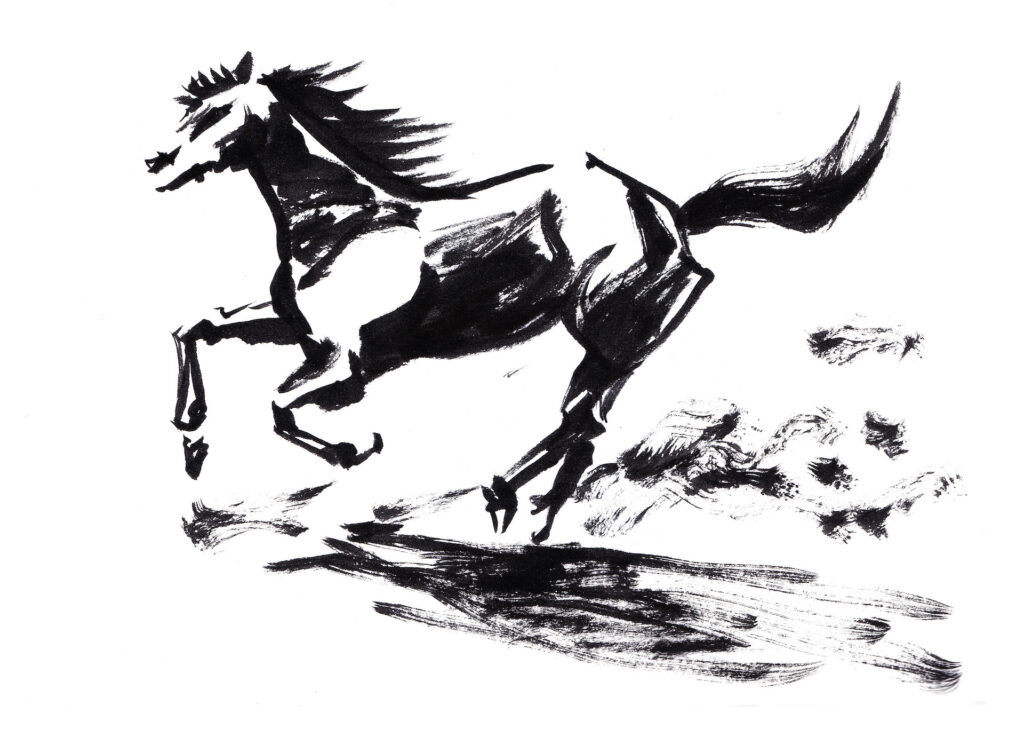When it comes to addictions recovery and mental health, happiness and suffering inevitably come up as major topics of discussion. Life is full of ups and downs, and we know that wellness and recovery involve reconciling our relationship to these feelings in a holistic and sustainable way.
One common thread throughout much of what we’ve written on our blog is the importance of perspective in facing life’s ups and downs. There are many tools and concepts that can help us to cultivate a healthy perspective.
One idea which I’ve personally found very valuable in this regard is the idea that we don’t really know what is a gift and what is a curse in our lives until much later in life, if at all! Allow me to elaborate with a story as old as time.
Bad Luck? Good Luck? Who Knows?
Growing up, it was very common for my dad to tell me stories, jokes and anecdotes about all sorts of life topics. Rather than tell me this is how the world is, my dad had a very take-it-or-leave-it approach to passing on his ideas, which I’ve come to appreciate in later life and integrate into my own role as a dad.
One such story was one that he called The Story of the Chinese Farmer. A bit of online research reveals that the story is indeed from China, where it has a name that translates to The Old Man Lost His Horse.
Incredibly, the story goes back to 2nd century B.C. and is one of the most famous parables from the Huainanzi—an ancient collection of essays based on scholarly debates which integrate Daoism, Confucianism, and other philosophies which deal with the same human realities of happiness and suffering that we face in modern times.

The Story Goes Like This…
A farmer is faced with a series of seemingly fortunate or unfortunate events in a short period of time, but never categorizes them as such, much to the confusion of his local villagers.
At first, the man’s horse runs away, representing an unfortunate loss that is bemoaned by the other villagers, but the man refuses to see this as an unfortunate event. “We’ll see,” he says.
Later, his horse comes back with even more horses in tow, representing a fortunate gain to his property. And yet, the man does not celebrate! When asked whether he sees his gain of horses as a fortunate event, he just replies, “We’ll see.”
In another twist of events, his son gets injured riding one of these newfound horses, and all of the villagers are upset at this. And yet, when pressed about his unfortunate circumstance the man simply says, “We’ll see.”
Finally, a war breaks out and conscription claims all of the young men in the village, except his injured son. Is this good luck? “We’ll see.”
The message of the story is clear… it is almost impossible to know in the greater scheme of things whether anything that happens to us is fortunate or unfortunate. The farmer in the story doesn’t ever categorize the events of his life as being good or bad, but merely maintains openness and curiosity about what the event might mean for the future, in all of its unpredictability.
When Life Gives You Lemons, Question Your Assumptions
We’ve all heard the saying a million times, when life gives you lemons, make lemonade. Srikumar Rao, Ph.D. has a very refreshing take on this idea… (pardon the pun!)
He raises a very valid question that we can ask ourselves when life gives us lemons, namely: “did fate really hand you a lemon or was this merely your initial, unthinking response?” We are often very quick to categorize something like lemon, i.e. as a misfortune or a negative thing to happen to us. But perhaps, like the villagers in the story of the Chinese farmer, we are judging too quickly. Is this thing that happened to me really a lemon? “We’ll see.”

In Closing
So, there it is, another tool for the toolbox. For more on the importance of perspective, check out the SCHC blog. If you enjoyed this article, you might also like the importance of happiness in recovery, helping families stay positive, and our celebration of the International Day of Happiness. Leaning in the other direction, you might enjoy our articles about feeling your authentic negative feelings, leaning into discomfort, being open to suffering, and recognizing toxic positivity.
Sunshine Coast Health Centre and the Georgia Strait Women’s Clinic support individuals in treatment with science-based holistic approaches. If you or a loved one are struggling with addiction or mental health, give us a call today.
———————-
Ionatan Waisgluss is a writer, educator and tech professional living in the qathet region of British Columbia. He is the founder of SquareByte.ca



